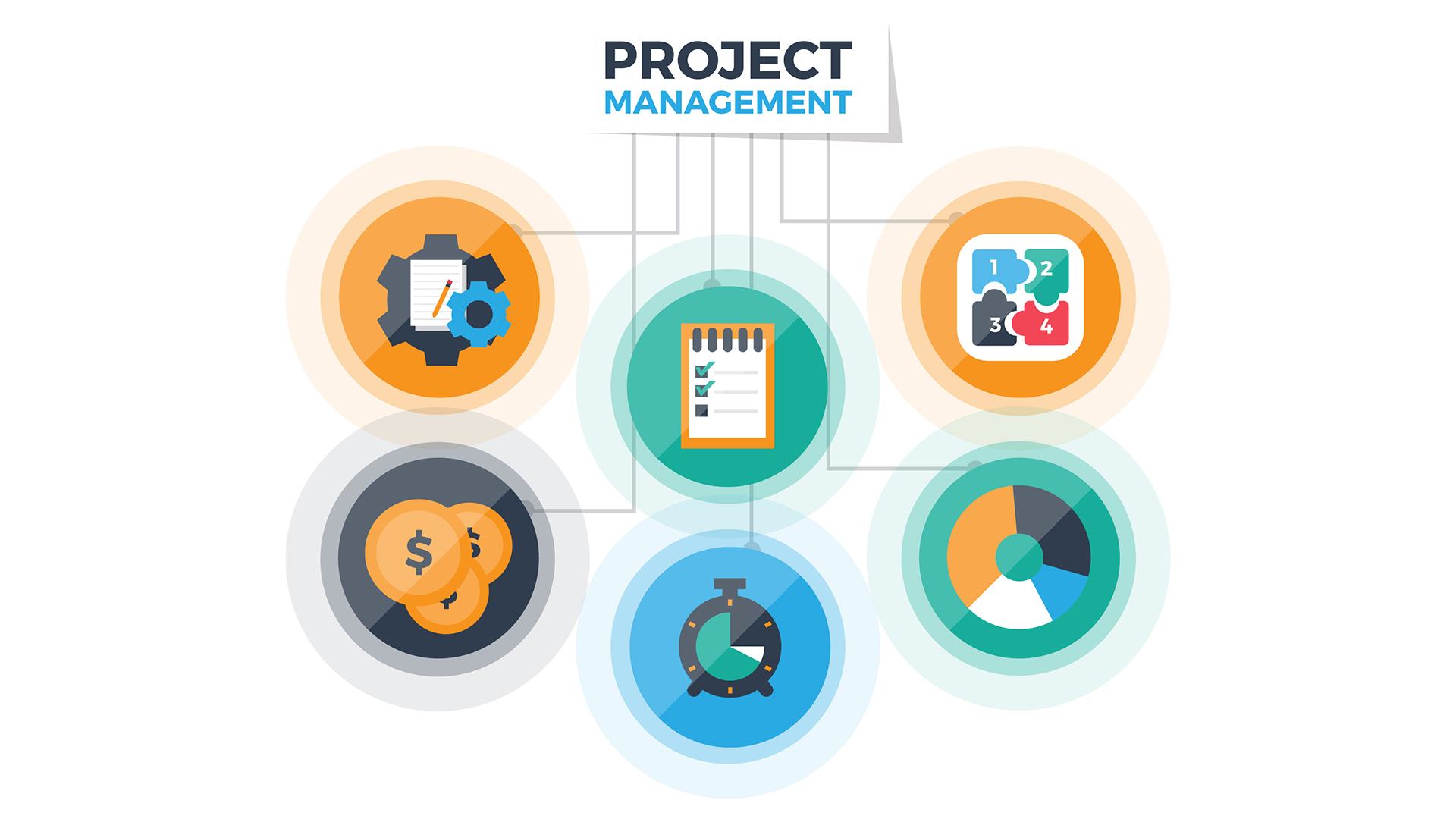
Project Management Professional – Jumpstart
Course overview
Project management professionals who meet specific requirements for education and experience are given the designation of “Project Management Professional” (PMP) by the Project Management Institute. It serves as proof of their exceptional knowledge and abilities in project management.
The PMP certification is well known and offers several advantages to those who work in project management. Since the certification serves as a guarantee of the experts’ competence and quality, it directly affects their ability to earn money.
PMPs also have the opportunity to work on more difficult and complicated projects, which allows them to get more knowledge from actual experience. There are many job chances because recruiters favor PMPs for important and senior project management roles.
Introduction
Since most businesses may benefit from the knowledge and expertise earned via the certification process, PMPs have numerous work possibilities and can succeed in any sector. The PMP certification is a wise investment for project management professionals in the future in addition to giving them financial stability.
You will get the skills, understanding, and confidence needed to take the PMP certification test and pass it by taking this Training Bee training course. You will be ready for the test by using the knowledge you receives from this course to understand the format and style of the questions.
Additionally, this course will raise your project management proficiency to that of a PMP, improving your performance and success in managing challenging projects across all industries.
We are The Training Bee, a global training and education firm providing services in many countries. We are specialized in capacity building and talent development solutions for individuals and organizations, with our highly customized programs and training sessions.
Learning Objectives
Upon completing Project Management Professional – Jumpstart, participants will be able to:
- The necessary expertise to work at the same level of quality and productivity as a PMP; the confidence, experience, and knowledge to successfully manage and complete complex projects within the designated timelines and budgets; complete knowledge, information, confidence, and experience to take the PMP certification exam and successfully clear it.
- The ability to manage multiple projects at once and produce high-quality results in both, increasing chances for better career opportunities within the organization and beyond the required expertise in all performance domains of the PMP exam.
- The ability and confidence to train other project management professionals to enhance their skills and capabilities, thus demonstrating potential and talent.
Our Unique Training Methodology
This interactive course comprises the following training methods:
- Role-playing – Participants will take part in several roleplays and understand practical ways of solving issues.
- Journaling – This consists of setting a timer and letting your thoughts flow, unedited and unscripted recording events, ideas, and thoughts over a while, related to the topic.
- Social learning – Information and expertise exchanged amongst peers via computer-based technologies and interactive conversations including Blogging, instant messaging, and forums for debate in groups.
- Presentations – Participants will be presented with multimedia tools such as videos and graphics to enhance learning. These will be delivered engagingly and interactively.
- Group discussions – The course will incorporate group discussions and debates to encourage active participation and collaboration.
- Case studies – Participants will be presented with realistic scenarios and case studies that demonstrate effective strategies related to the topic. These activities will encourage participants to think critically and apply their knowledge to real-life situations.
Training Medium
This Project Management Professional – Jumpstart training is designed in a way that it can be delivered face-to-face and virtually.
Course Duration
This training is versatile in its delivery. The training can be delivered as a full-fledged 40-hour training program or a 15- hours crash course covering 5 hours of content each day over 3 days
Pre-course Assessment
Before you enroll in this course all we wanted to know is your exact mindset and your way of thinking.
For that, we have designed this questionnaire attached below.
- What does the Project Management Professional (PMP) designation aim to achieve?
- Name the five process groups included in the Project Management Body of Knowledge (PMBOK) Guide by the Project Management Institute (PMI).
- What do the PMBOK Guide’s eleven knowledge categories consist of?
- Describe the meaning of “project scope” and the role it plays in project management.
- What constitutes a project charter’s essential elements, and why is it crucial to create one?
- Tell us what distinguishes a program from a project.
Course Modules
This Project Management Professional – Jumpstart covers the following topics for understanding the essentials of the Agile Workplace:
Module 1 – Overview of PMP Certification
- Pre-requisites
- Application process
- Exam format
Module 2 – PMP Certification Benefits
- Well acclaimed
- Increased market size and breadth
- Better pay and employment possibilities
- More difficult projects
- Excellent potential investment
- Financial stability
Module 3 – Project Management Integration
- Statement of the Scope for the Project
- Plan for managing a project
- Controlling and directing work
- Project completion
Module 4 – Manage the scope of a project
- Scope Management
- Requirement gathering
- Definition of the procedure’ scope
- Breakdown structure for the work
- Process validation for the scope
- Process scope management
Module 5 – Schedule management for projects
- Definition of activity
- Sequence of events
Module 6 – Project Cost Control
- Planning resources and estimating costs
- Cost planning
- Control of costs
Module 7 – Manage the quality of a project
- Planning for quality assurance
- Quality assurance
Module 8 – Resource Management for Projects
- Resource allocation
- Estimate and procurement of resources
- Development of people
- Control of physical resources
Post-course Assessment
Participants need to complete an assessment post-course completion so our mentors will get to know their understanding of the course. A mentor will also have interrogative conversations with participants and provide valuable feedback.
- Describe how a project management plan is created. What essential elements must to be included in the plan?
- Describe earned value management (EVM) and how it is used to assess the success of projects.
- What key distinctions exist between traditional waterfall project management approaches and agile project management?
- Describe how a project manager manages and communicates with stakeholders.
- What constitutes the major steps in risk management? How can risks in a project be found, evaluated, and reduced?
- Describe the benefits and purpose of holding a lessons learned session after a project.
Lessons Learned
Project Managers Must Have a Holistic view: The PMP course emphasizes the need of project managers having a holistic view. This entails realizing how various project components are interdependent, taking stakeholder expectations into account, managing risks, and coordinating project goals with organizational objectives.
Stakeholder management and effective communication are essential to the success of any project. Effective communication is emphasized throughout PMP training with stakeholders as well as inside the project team. It offers methods for controlling stakeholder expectations, settling disputes, and making sure that information flows clearly and promptly.
Risk Management: The need of proactive risk management is emphasized throughout the PMP training. It teaches project managers how to recognize, evaluate, and reduce risks throughout the course of a project.
“PMP: Empowering Project Managers for Success.”







